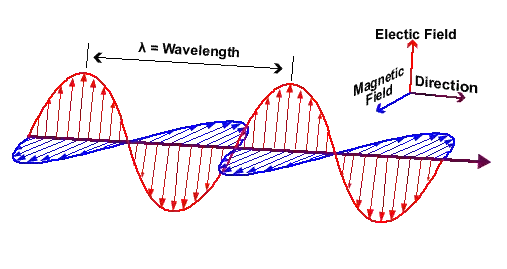We know that the propagation of light does not involve the oscillations of particles instead Electric and Magnetic fields oscillate. The variation of E and B fields results in the propagation of light, it does not require any medium for its propagation.
Question:
- Since speed of sound is measured w.r.t some medium which is 330 m/s, what about speed of light? W.r.t what it is measured and calculated as 2.98 x 10^8 m/s?
